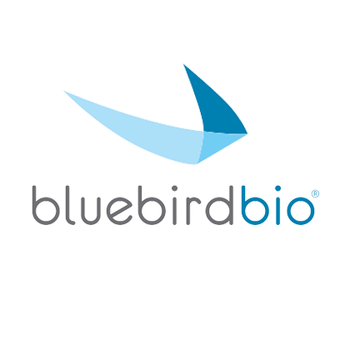
Preliminary evidence pinpoints classical causes for AML in patient treated with LentiGlobin in a phase 1/2 study for sickle cell disease.

Silas Inman joined MJH Life Sciences in early 2011 and has evolved his role at the organization throughout his tenure at MJH. At various points, Silas has been accountable for several organic launches of highly successful brands, including Targeted Oncology™ and NeurologyLive®, and for quickly transforming acquisitions into high-functioning business units. Prior to joining MJH, Silas, who attended Eastern Michigan University, was an EMT, frontend web developer, and social media/SEO expert. Follow him on X @SilasInman or email him at [email protected].

Preliminary evidence pinpoints classical causes for AML in patient treated with LentiGlobin in a phase 1/2 study for sickle cell disease.

Sanofi has entered a new agreement with SIRION Biotech to develop tissue-selective AAV vectors for novel gene therapies.
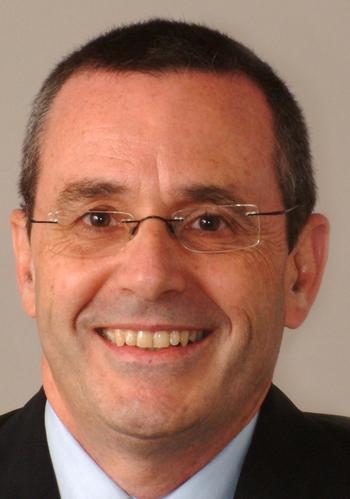
An independent board has determined that ofranergene obadenovec is safe allowing the phase 3 OVAL study to continue.

The suspension is due to recently reported diagnoses of AML and myelodysplastic syndrome in 2 treated patients.
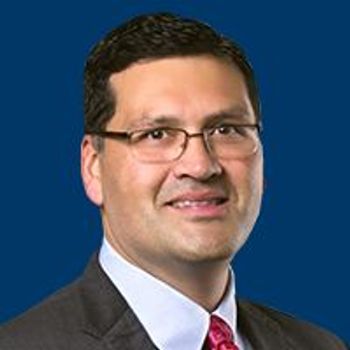
The CAR T cell therapy bb21217 demonstrated high very good partial response or better rates in patients with heavily pretreated relapsed/refractory multiple myeloma.
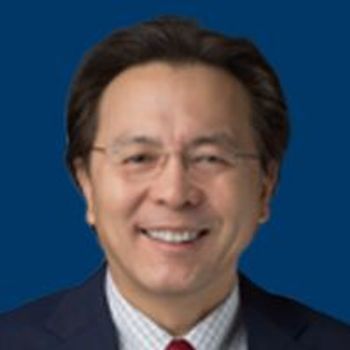
Treatment with the anti-CD19 CAR T-cell therapy KTE-X19 elicited a complete remission rate of 67% and an objective response rate of 93% for patients with relapsed/refractory mantle cell lymphoma.

The CAR T-cell therapy axicabtagene ciloleucel (axi-cel; Yescarta) induced a median overall survival of 25.8 months for patients with refractory large B-cell lymphoma.
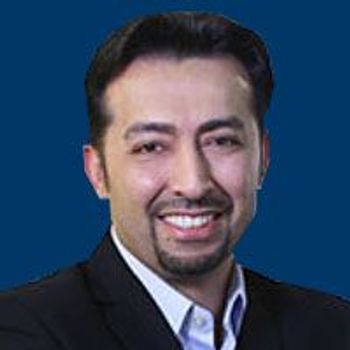
An investigational new drug application for the therapy, which is labeled FT596, was approved in September 2019 and human trials are scheduled to begin in the first quarter of 2020.
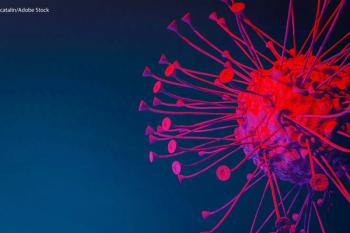
The CAR T-cell therapy axicabtagene ciloleucel induced a median overall survival of 25.8 months for patients with refractory large B-cell lymphoma.

The rAAV2/2-ND4 gene therapy GS010 elicited continuous bilateral improvements in BCVA from week 48 to week 96 for patients with Leber hereditary optic neuropathy.
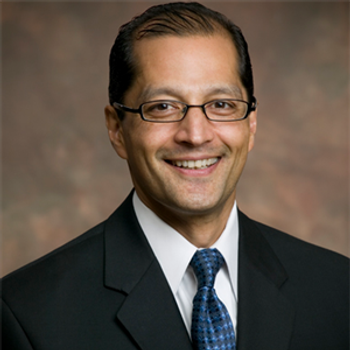
Treatment with subretinal transplantation of allogeneic human retinal progenitor cells showed promising early signs of efficacy as a treatment for individuals with retinitis pigmentosa.
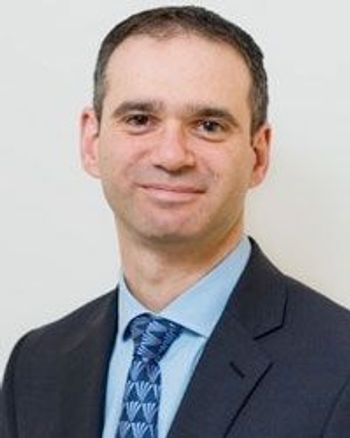
AAV2/5-OPTIRPE65 showed improvements in vision-guided mobility, retinal sensitivity, and foveal-driven visual function for patients with RPE65-associated retinal dystrophy.
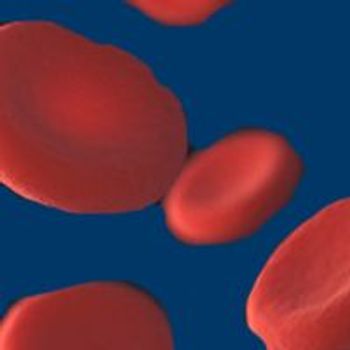
A multitude of BCMA-targeted CAR T-cell therapies are currently in development, each demonstrating different efficacy and safety profiles and each with different constructs.

The anti-BCMA CAR T cell therapy bb21217 demonstrated an objective response rate of 83.3%, with a very good partial response or better rate of 75% in patients with heavily pretreated relapsed/refractory multiple myeloma.

Treatment with the CD19-targeted CAR T-cell therapy tisagenlecleucel demonstrated sustained rates of relapse-free survival and overall survival at 24 and 18 months for pediatric and young adult patients with relapsed or refractory acute lymphoblastic leukemia.
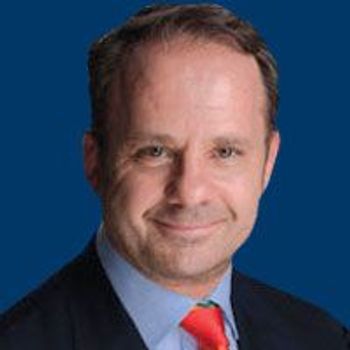
The high durable response rates seen with CAR T-cell therapies have helped fill a high unmet need for patients with relapsed/refractory diffuse large B-cell lymphoma, with questions remaining on the optimal way to use these agents following the FDA approval of 2 therapies in the past year.

VY-AADC01 demonstrated promising early signs of activity and safety for patients with Parkinson disease.

A novel mesenchymal stem cell therapy produced intriguing phase II data and has moved into a randomized, pivotal phase III clinical trial.

Cellular therapies have the potential to make a meaningful difference for patients with neurological disorders, if used correctly.
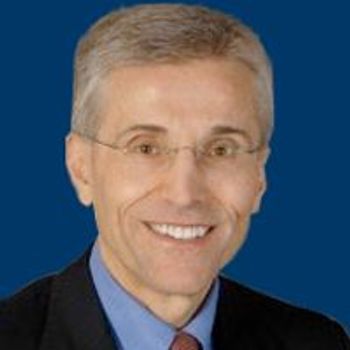
The FDA has approved moxetumomab pasudotox for the treatment of adult patients with relapsed or refractory hairy cell leukemia following at least 2 prior lines of therapy.

The mesenchymal stem cell therapy passed an interim safety analysis for the first 31 patients with amyotrophic lateral sclerosis.

As the checkpoint inhibitors move into the frontline setting for patients with non–small cell lung cancer, the focus has been placed on the duration of therapy and what to do in the second-line setting following progression.
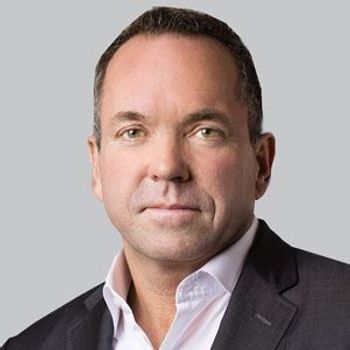
A third-party manufacturing issue has delayed a phase I/IIa study for Sarepta Therapeutics.
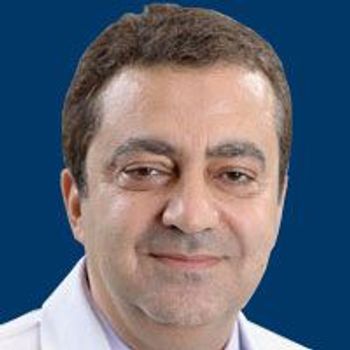
Chimeric antigen receptor T-cell therapies have quickly moved from early phase clinical trials to FDA approval for diffuse large B-cell lymphoma, with research now exploring ways to shift these agents earlier in the treatment paradigm.

The autologous stem cell therapy is currently in a phase III trial.

Several studies presented at the 2018 ASCO Annual Meeting helped further refine and inform treatment strategies for the budding class of CAR T-cell therapies, with a focus on predicting adverse events and optimizing efficacy.

A fully automated artificial intelligence-based system could effectively classify function and potency of cell therapy.
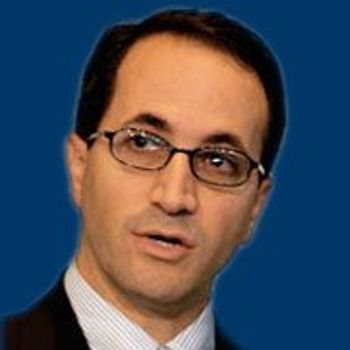
Treatment with nivolumab reduced the risk of death by 32% compared with investigator’s choice of therapy for patients with metastatic or recurrent squamous cell carcinoma of the head and neck.

Celgene has announced plans to acquire Juno Therapeutics, maker of the CAR T-cell therapy lisocabtagene maraleucel (JCAR017), for $87 per share, totaling approximately $9 billion.

Treatment with the BCMA-directed CAR T-cell therapy bb2121 induced complete remissions for 56% of patients with relapsed/refractory multiple myeloma.